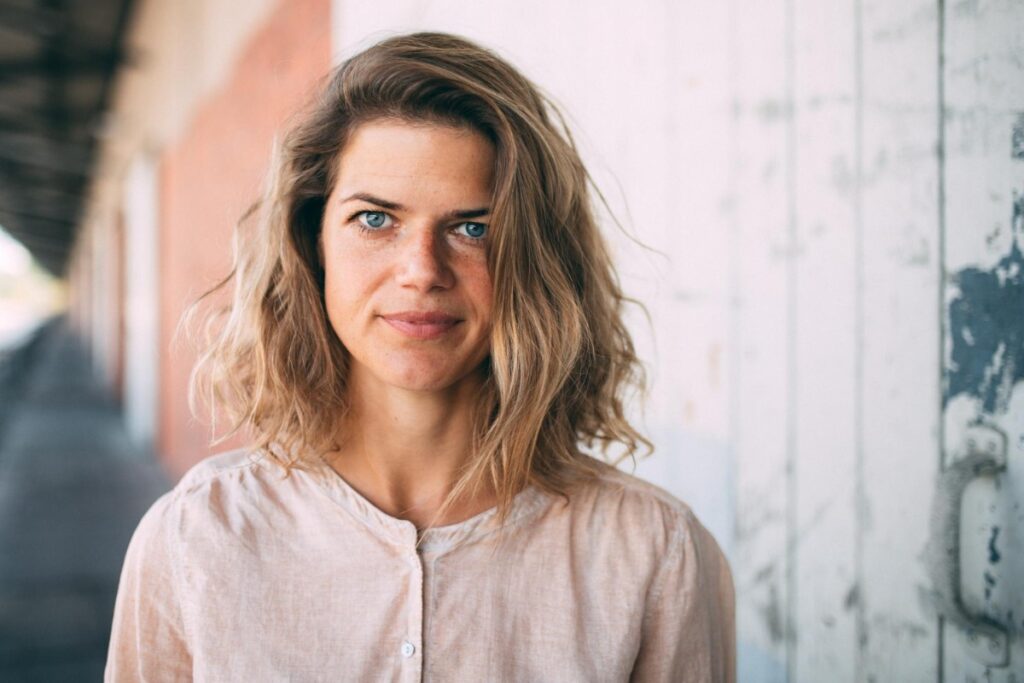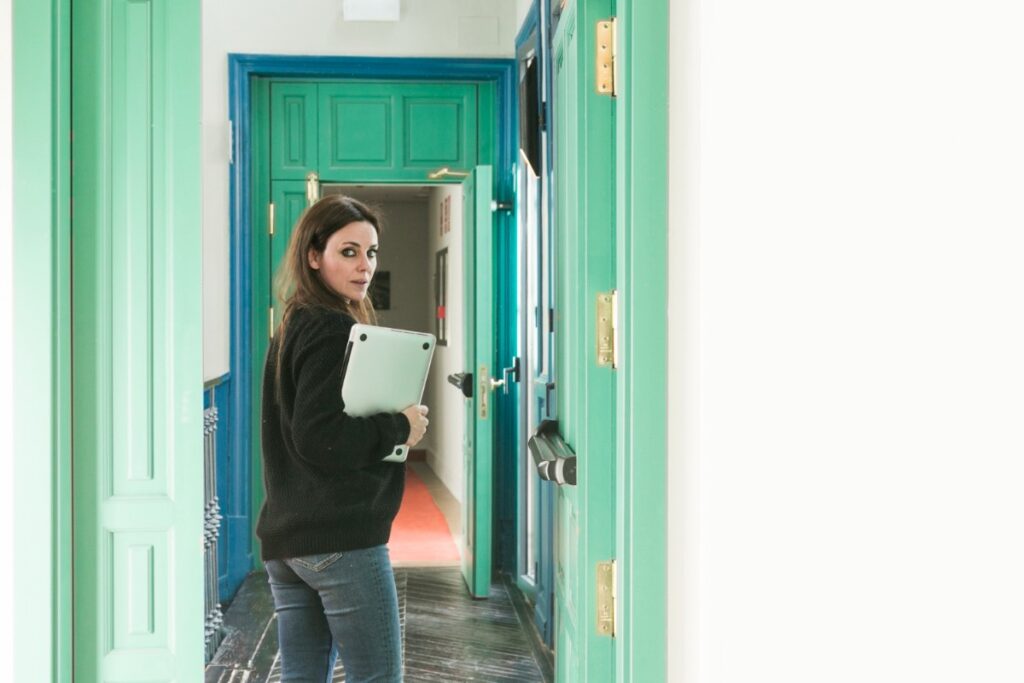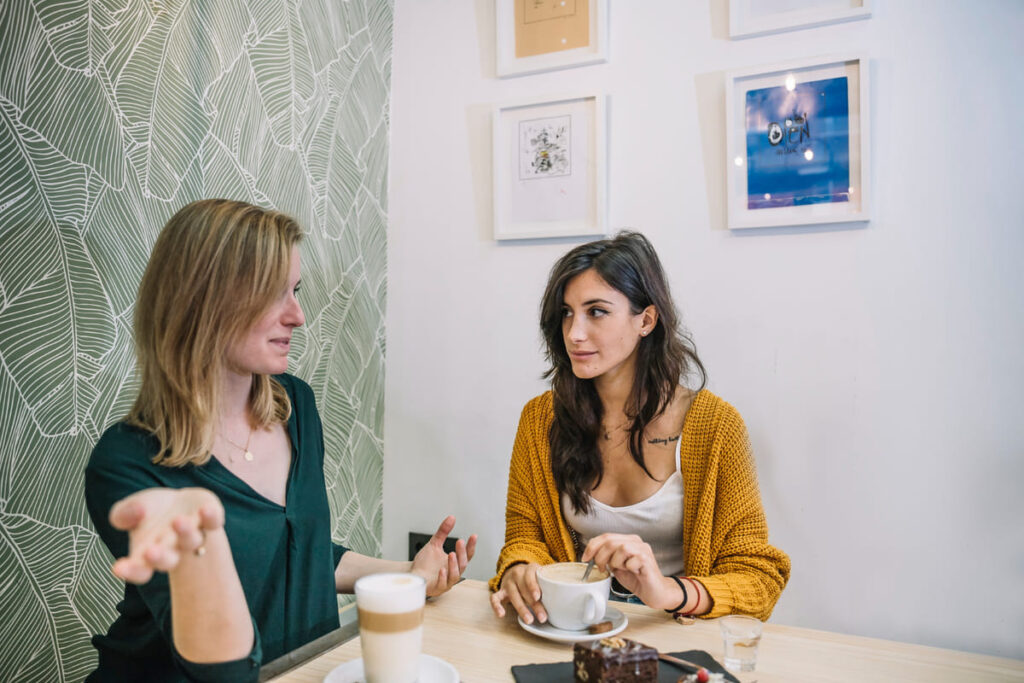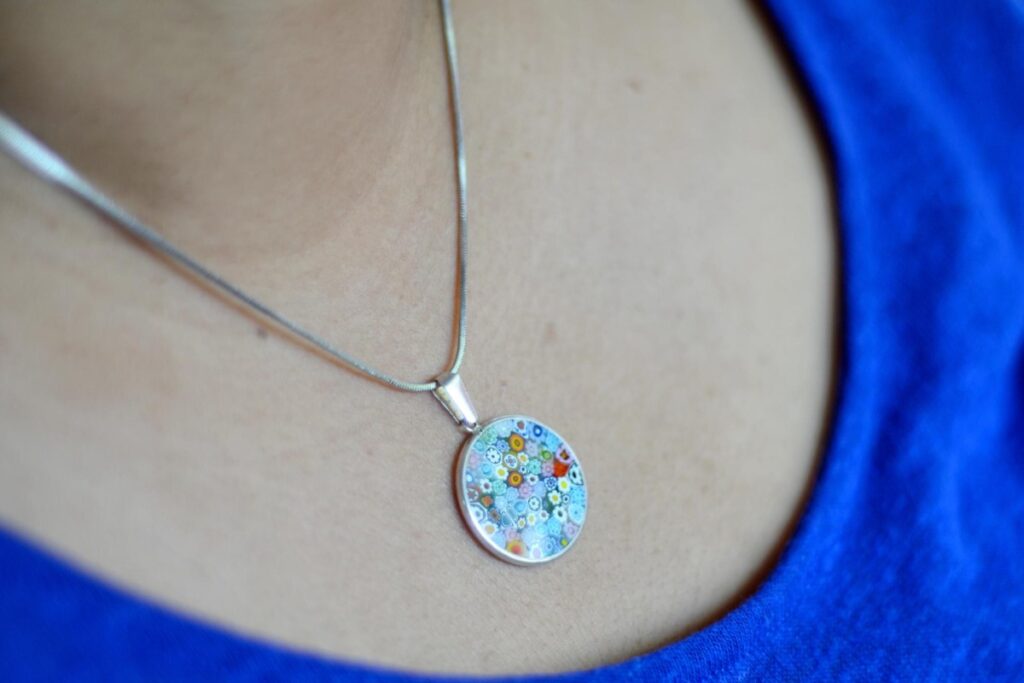13 Habits That Instantly Signal Someone’s Been Through More Than They Let On
You might meet people who seem calm or quiet but carry a lot beneath the surface. Sometimes, the habits they develop can quietly reveal their past experiences without them saying a word.
Understanding these subtle signals can help you recognize when someone has faced challenges you might not see right away. This awareness can create more empathy and insight in your interactions.
Quietly observing conversations

You might notice someone who listens more than they speak. They watch people carefully, picking up details others miss.
This habit often comes from needing to stay alert in difficult situations. Observing quietly helps them feel a bit more control.
You may find they don’t jump into conversations quickly. Instead, they take time to understand before responding. That patience often hides a story you don’t see at first.
Avoiding eye contact in stressful moments

You might notice someone avoiding eye contact when things get tense. It’s often not about being rude or uninterested. Instead, it can be a way to protect themselves from feeling overwhelmed.
When your mind feels crowded with difficult thoughts or memories, looking away can help you stay grounded. It’s like creating a small pause to catch your breath.
If you find yourself doing this, it doesn’t mean you’re weak. It’s a quiet way your brain tries to handle stress when words or emotions are too much to face directly.

You might notice someone keeps their photos limited or private. This habit can mean they’re protecting memories that feel too personal or painful to share.
It’s not about being secretive but about having boundaries around what they want others to see.
Sometimes, the photos they do share are carefully chosen to show only happy or neutral moments. This helps them manage how much of their story is revealed.
If you respect their choice, it can build trust and comfort in your relationship with them.
Smiling but with eyes that seem distant

You might notice someone smiling warmly, but their eyes don’t quite match the joy. Their gaze can feel disconnected, as if their mind is somewhere else. This kind of smile often hides deeper emotions or experiences that remain unspoken.
When you see this, it’s a quiet signal that the person has been through moments they prefer not to share. Their smile shows they want to engage, yet their eyes reveal a layer of guardedness. It’s a subtle way of protecting themselves while staying present.

You might notice someone quietly stepping back at gatherings, not because they dislike people but because they need space to feel grounded. Choosing solitude doesn’t always mean loneliness; it can be a way to recharge and process what they’ve experienced.
If you find yourself or others seeking quiet corners in busy social situations, it’s often a subtle sign of having faced emotional challenges. This habit helps manage overwhelming feelings without having to explain or relive past hardships aloud.
Suddenly changing the subject

When you notice someone quickly shifting the topic, it might be a way to avoid digging into personal or painful areas. This habit can signal they’re protecting themselves from uncomfortable memories or feelings.
You might feel confused or caught off guard when the conversation takes a sudden turn. That’s often their way of keeping control over what they share and when.
If you want to support someone like this, give them space and patience. They may open up more when they feel safe and ready.
Using humor to deflect serious topics

You might notice that some people use humor to quickly change the tone when conversations get too deep. It’s a way to protect themselves from revealing what they really feel.
When you hear a joke or a lighthearted comment right after a tough question, it could mean they’re not ready to open up. This kind of humor acts as a shield.
It’s not about being insensitive but about managing vulnerability. If you’re patient, you might see this habit as a sign someone carries unspoken weight beneath the surface.
Over-preparing for simple tasks

You might find yourself over-preparing for things that seem straightforward to others. This habit often comes from a past where uncertainty led to difficult outcomes.
Taking extra time to plan or double-check might be your way of feeling more in control. It helps reduce anxiety and prevents mistakes that once caused trouble.
Even if the task is small, you may feel the need to be perfectly ready. This careful approach can be a sign you’ve learned to protect yourself from unexpected problems before.
Checking exits when entering rooms

You might find yourself scanning the room the moment you walk in. It’s a small habit that says you’re quietly prepared for anything.
Looking for exits is about feeling safe. When you’ve been through tough times, your brain automatically checks escape routes.
This isn’t about paranoia. It’s a way to keep control in unfamiliar spaces. You stay alert but low-key, blending in while watching your surroundings.
You may not even realize you do it. Yet, it’s a sign you’ve learned to protect yourself without making a scene.
Not sharing personal struggles

You might notice someone who rarely opens up about their difficulties. They keep personal struggles to themselves, choosing silence over sharing.
This doesn’t always mean they don’t trust others. Sometimes, it’s a way to protect themselves from feeling vulnerable.
If you find yourself or someone else not talking about tough times, it could be a sign of past hardship. It’s their way of handling pain privately, without extra attention or sympathy.
Respecting this boundary is important. Just knowing they have strength to carry things quietly tells a lot about what they’ve been through.
Rarely asking for help

You might notice that some people rarely ask for help, even when they clearly need it. This habit often comes from having faced tough situations alone before. It can feel safer to rely on yourself than to risk being vulnerable.
When you don’t ask for help, it doesn’t mean you don’t want it. It might mean you’ve learned to quietly manage your struggles. You’re used to handling things on your own, which can sometimes make reaching out feel unfamiliar or uncomfortable.
Selective memory about past events

You might notice someone often skips over details when talking about their past. They may remember some moments clearly but quickly avoid others.
This selective memory isn’t about forgetfulness. It’s a way to protect themselves from revisiting painful or overwhelming experiences.
When you sense hesitation or change in tone during certain stories, it could mean those memories are still hard to face. They choose what to share carefully, showing strength in managing their past quietly.
Carrying a small sentimental object

You might notice someone carrying a small object that seems simple, like a pendant or a worn keychain. To you, it might look ordinary, but to them, it holds deep personal meaning.
This item often serves as a quiet reminder of a significant person, place, or event they experienced. It’s a kind of emotional anchor when life feels overwhelming.
You may not realize it, but these objects can offer comfort and strength. They’re subtle signals that someone has been through more than they openly share.







